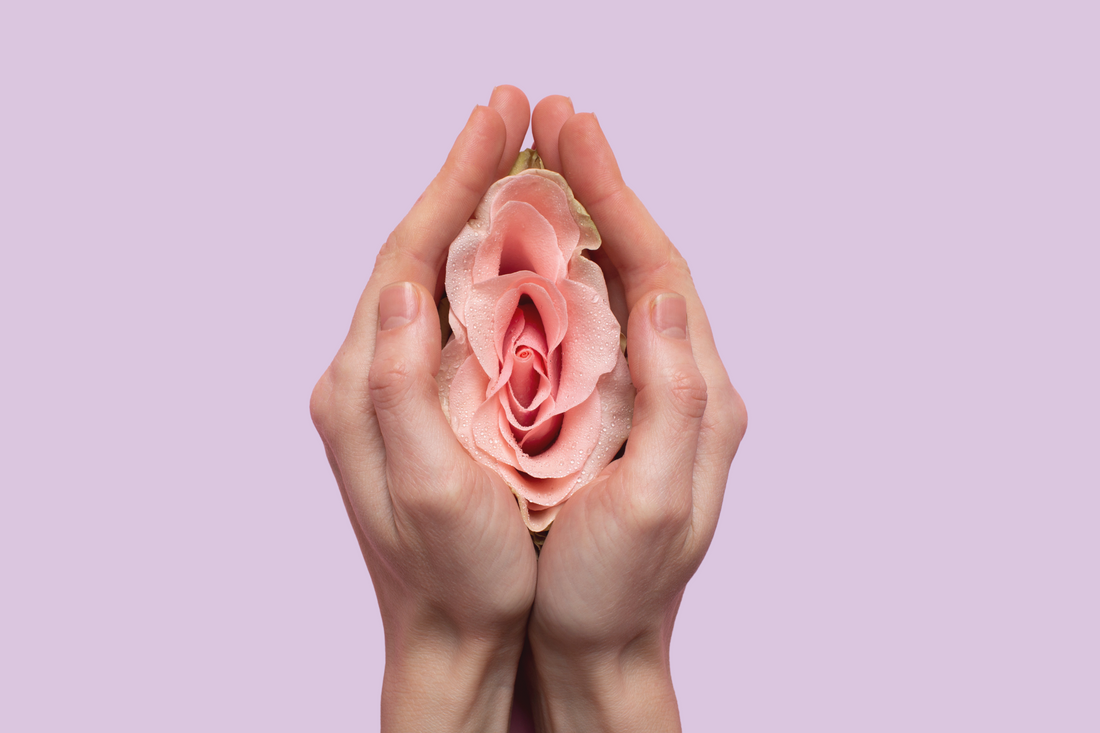The menstrual cycle is one of the most beautiful and natural processes in a woman's life. When you take a moment to think about all that your body accomplishes each month, it’s truly awe-inspiring. Yet, it’s still a subject that can feel taboo. At LUNAM, we believe the more we talk about it, the more we can reclaim our menstrual knowledge and embrace this natural part of life.
Our mission at LUNAM is to blend ancestral wisdom with modern innovations to create products that support holistic women’s care. We are passionate about designing the most comfortable, leak-proof, and eco-friendly period products to help you feel safe and empowered during your cycle. Our commitment to using non-toxic materials and sustainable practices ensures that you can honor your body while also caring for the planet.
We also believe in infusing our products with the benefits of aromatherapy and self-care rituals to help you connect to your cycle and tune in to the rhythms of your body. Here are five fascinating things you might not know about your period:
You Lose Less Blood Than You Think
Do Periods Cleanse the Body?
The idea of periods as a natural cleanse is rooted in various cultural traditions. Many Native tribes believe menstruation offers a chance to release and purify what the body no longer needs. Scientifically, menstrual blood contains antibacterial properties that may help cleanse the body of bacteria introduced through sexual activity or other means. Embracing this ancestral wisdom can transform how we view our cycles—from something to be hidden to something to be celebrated.
However, getting a little scientific, according to research from the United States National Institute of Health ‘Menstrual blood is a mixture of mucus lining, blood, uterine tissue, and bacteria, and when examining hemoglobin, a protein in red blood cells, present in period blood, researchers found that it was full of antibacterial properties. This could mean that the process of menstruating could help cleanse the body of harmful bacteria that had been introduced by sexual intercourse, toys, and even figures.
Menstrual Blood is More Than Just Blood
Menstrual blood is a blend of blood, uterine lining, and other fluids. Its composition can vary but often provides valuable insights into a woman’s overall health. Observing the color and consistency of your period can help you better understand your period wellness and make informed decisions about your health.
Yes, You Can Get Pregnant on Your Period
Even if you're bleeding, pregnancy is still possible. Sperm can live inside the vaginal canal for up to five days, meaning that if you have sex near the end of your period and ovulate shortly after, there’s a chance you could conceive. Understanding your cycle’s nuances is essential to navigating your fertile window.
Orgasms Can Alleviate Cramps
Cramping during your period is no fun, but did you know that orgasms can help? The release of endorphins, increased blood flow, and muscle relaxation can all contribute to reducing discomfort. It’s a beautiful reminder that pleasure and self-care are essential components of holistic women’s care.
At LUNAM, we honor not just your cycle but the entire self-care ritual it represents. Our leak-proof underwear is designed to support you through every phase, helping you reconnect with the divine feminine within you. Embrace your flow, honor your rhythm, and explore the transformative power of sustainable period products.
Curious to learn more? Discover our thoughtfully crafted collection and experience period wellness that feels as good for your body as it does for the planet.
Written by: Catalina Sardi

